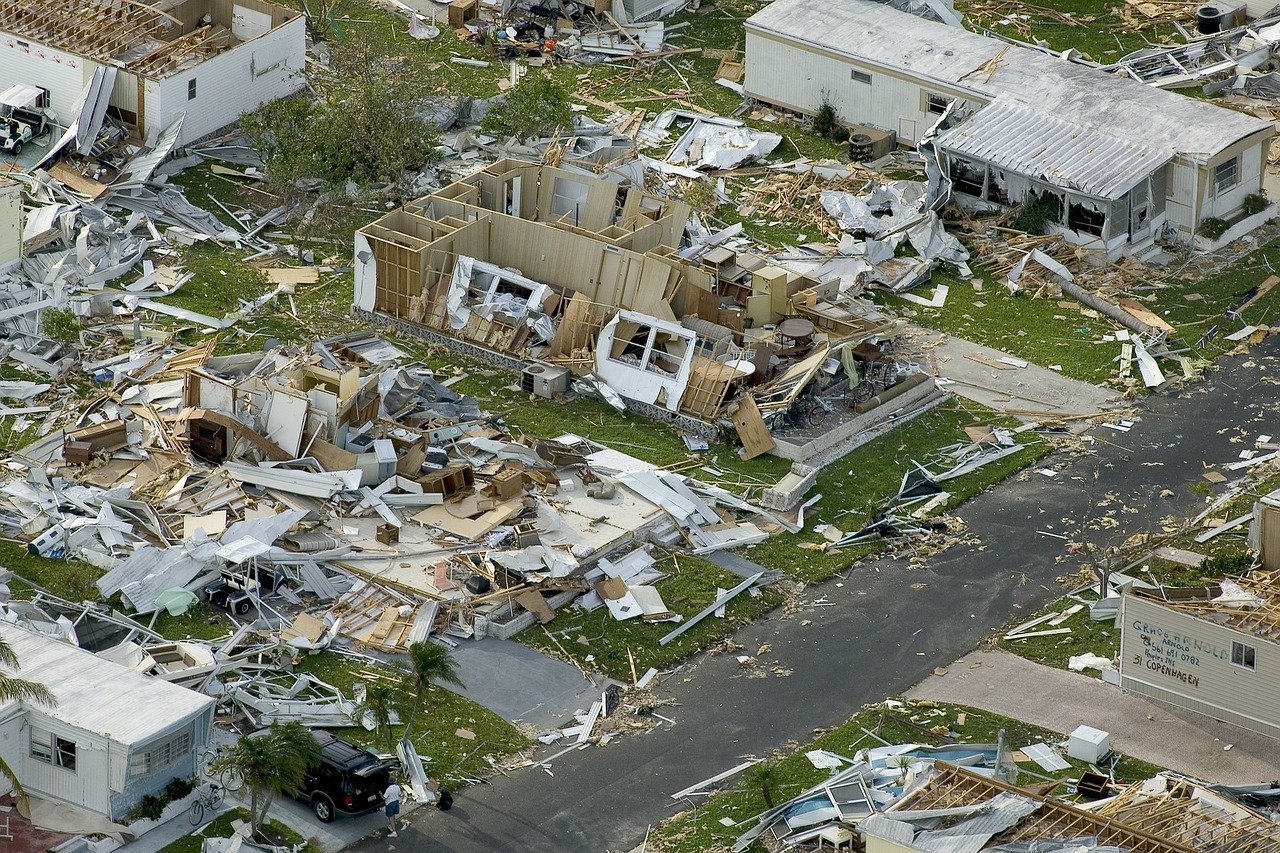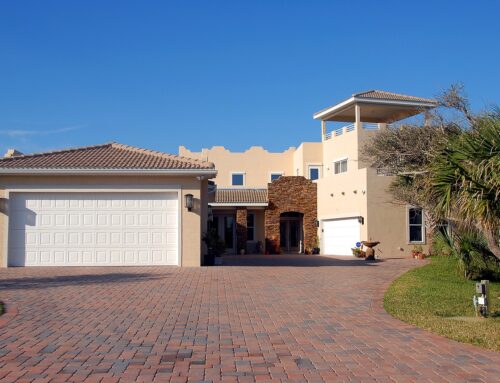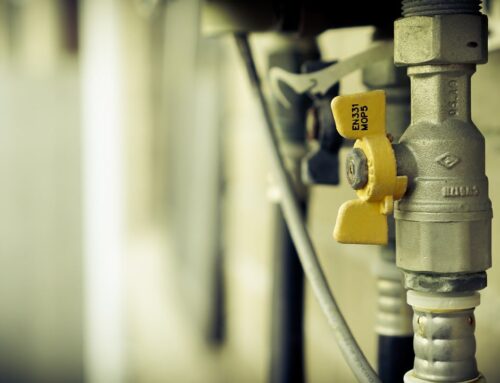Hurricane season is fast approaching, and Florida homeowners are preparing to protect their properties. Most people think of storm preparation as fixing the roof, trimming the tree branches, and obtaining a generator. But there is something else that residents can do to make sure their family is protected – and that is to review and revise their hurricane coverage insurance policy annually.
Storm shutters are popular, but insurance is necessary. Before hurricane season begins on June 1, let’s look at how hurricane insurance works to protect Florida homeowners.
Is Hurricane Coverage Required?
In Florida, hurricane insurance is mandatory for people who carry a mortgage on their home or condo. The Florida legislature requires a windstorm insurance policy bundled into homeowner’s insurance policies. (Those who own their home outright have the choice to carry insurance or not.) Since many insurance providers include windstorm insurance in their coverage, most residents don’t have to take extra measures to obtain hurricane coverage.
Note: Renters’ insurance covers hurricane damage. However, a renter’s insurance is not required by state law. Still, most Florida landlords require all tenants to procure an insurance policy.
Hurricane Insurance Requirements
Because Florida law requires insurers to bundle windstorm coverage in their homeowner’s insurance policies, the policyholder has very few requirements to consider. The only variable for the homeowners to decide on is the deductible level.
If you own a residential property in Florida, the hurricane deductible is listed separately from the standard deductible on your policy. If you sustain wind damage from a hurricane, tropical storm, or tornado, you will b required to pay your deductible before the insurance company provides any reimbursement.
For single-family homes: The hurricane deductible is calculated using a percentage of the policy’s dwelling coverage – usually equivalent to the value of your home. If you own a house, dwelling coverage needs to match the house’s value. So a $300,000 property will need $300,000 worth of dwelling coverage. The owner then chooses a deductible, represented as a percentage of the dwelling – typically 2%, 3%, or 5%.
For condos: Condo owners may have either an all-in policy or a walls-in policy. An all-in policy covers the interior and exterior of the unit, and the owner only needs to obtain coverage for personal belongings. A walls-in policy requires owners to be responsible for damages to everything inside the unit’s walls.
What Does Florida Hurricane Insurance Cover?
In Florida, the required windstorm insurance covers your home and belongings. It also provides additional living expenses associated with wind-related damages (as needed and up to the policy’s limits.) Therefore homeowners need to ensure they have enough coverage to rebuild and replace everything – and the coverage needs to be in place before hurricane season begins.
Insurance providers will stop writing policies if there is any indication of a potential storm in the tropics. So if a storm is imminent, you do not have the opportunity to improve your coverage.
Dwelling: Dwelling coverage is the primary portion of your policy that protects against windstorms, including hurricanes. The coverage will provide the funds to repair or rebuild the house, applying to such elements as the foundation, floors, walls, roof, and major appliances such as air conditioners.
Homeowners can opt for either replacement cost coverage or market value coverage. But either way, sufficient coverage will be necessary to replace the structure.
Other Structures: This coverage pays for structures on the property separate from the home, such as fences, sheds, and pools.
Personal Belongings: This coverage for your possessions is included in every home insurance policy, including renters insurance. It reimburses for items such as furniture or clothing that were damaged or destroyed by hurricanes.
Additional Living Expenses: This coverage will provide reimbursement for expenses that would not have been incurred had hurricane damage not happened. This may include rent or hotel fees if the home is not inhabitable. Expert Tip: Those with comprehensive auto insurance are often covered for damage caused by hurricanes.
Now is the time to review your hurricane policy and ensure that you are appropriately covered for the season. Have questions? Call the insurance experts at Anderson and Associates Insurance Group.










